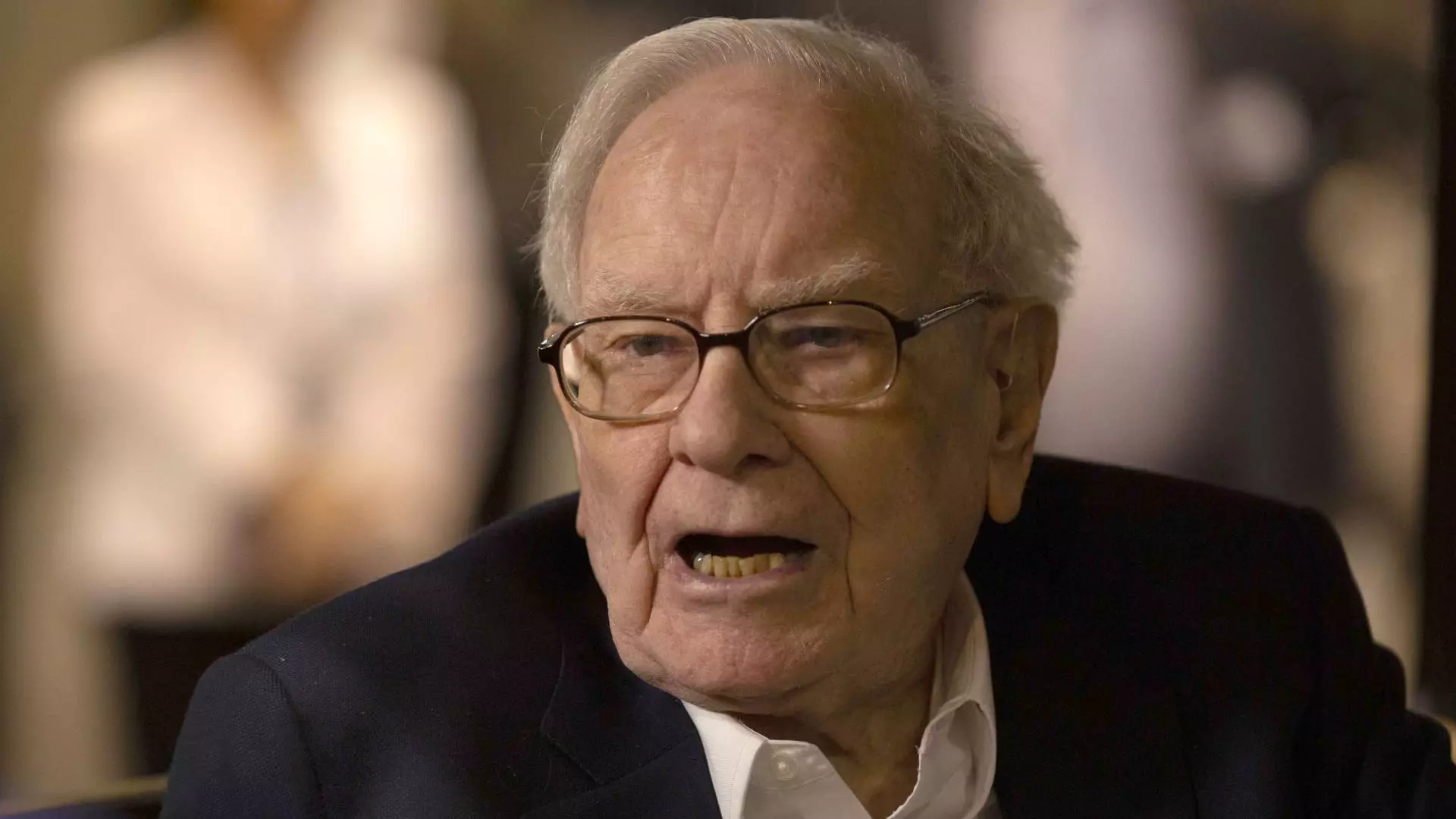Legendary investor Warren Buffett stunned the investing world recently by cutting his massive stake in Apple by half, causing the tech giant’s stock to plummet. Berkshire Hathaway revealed in its earnings report that the company’s Apple holding was valued at $84.2 billion at the end of the second quarter, indicating that Buffett had sold off more than 49% of his stake.
The timing of Buffett’s decision to reduce his Apple position coincided with a global sell-off in stock markets, fueled by fears of an impending economic slowdown. This move left many investors questioning whether Buffett’s actions were driven by more than just tax considerations, as previously speculated.
Buffett’s selling spree in the second quarter extended beyond Apple, with Berkshire Hathaway unloading over $75 billion in equities. This move bolstered Berkshire’s cash reserves to a staggering $277 billion, marking an all-time high for the conglomerate. The decision to increase the cash pile may indicate Buffett’s cautious outlook on the market’s future trajectory.
Buffett’s close relationship with Apple dates back to 2016 when Berkshire began purchasing the stock under the guidance of his investing lieutenants. Over time, Apple grew to become Berkshire’s largest holding, accounting for half of its equity portfolio. With Apple’s stock soaring to record highs in the second quarter, some speculate that Buffett’s decision to sell off a significant portion of his stake may be motivated by concerns over portfolio diversification.
The market reaction to Buffett’s divestment from Apple serves as a stark reminder of the influence that his investment decisions hold. As investors grapple with uncertainty surrounding global economic conditions and market volatility, Buffett’s actions may prompt a reevaluation of portfolio strategies and risk management practices.
Warren Buffett’s decision to slash his Apple stake has reverberated throughout the investing world, sparking discussions about the motivations behind his strategic move. With market dynamics evolving rapidly and economic uncertainties looming, investors are left to ponder the implications of Buffett’s actions on their own portfolios and investment strategies.

